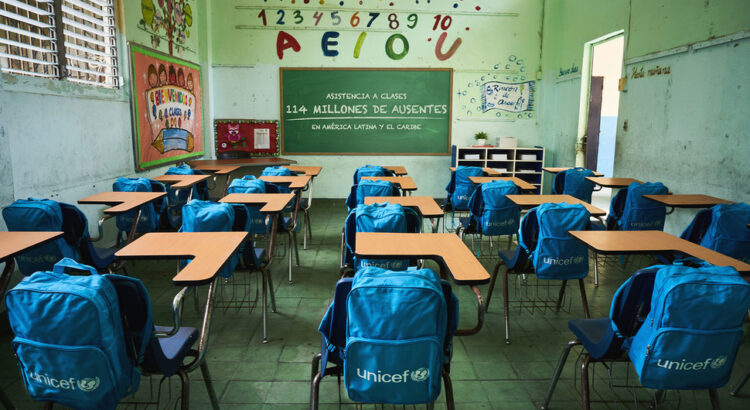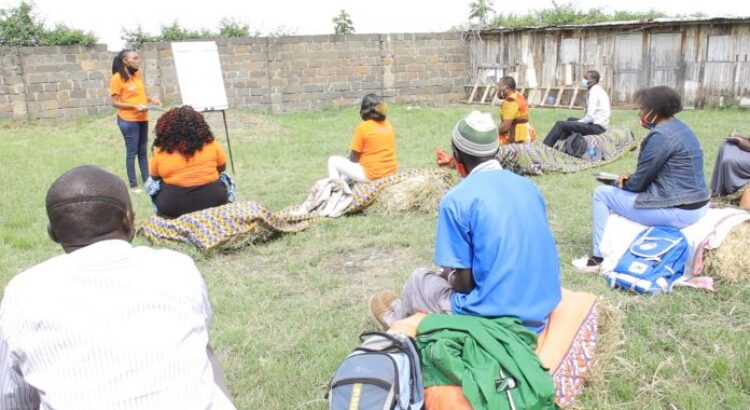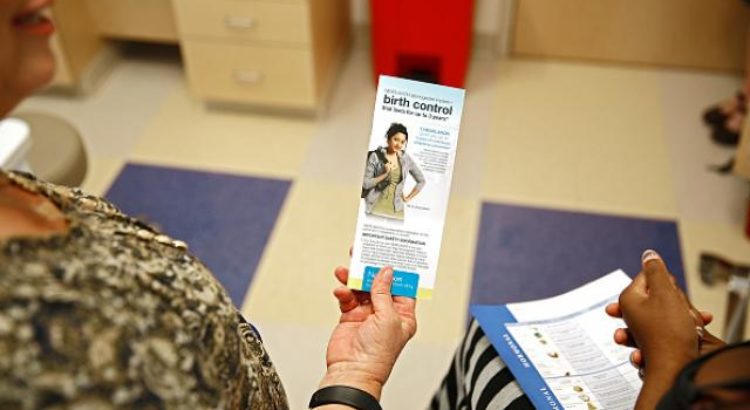EEUU/March 27, 2018/BY DR. LEANA S. WEN/Source: http://thehill.com
Baltimore City joined a lawsuit brought by Healthy Teen Network against President Trump, challenging a decision by the U.S. Department of Health and Human Services (HHS) to cut funding from evidence-based teen pregnancy prevention education.
In June 2015, the Baltimore City Health Department (BCHD) was awarded an $8.6 million grant to implement comprehensive, evidence-based teen pregnancy prevention education in all of the City’s more than 120 middle schools and high schools.
In July 2017, BCHD received notice from HHS that the grant period would be terminated two years early. This termination amounts to a reduction in overall grant funding to $5.1 million — a funding cut of $3.5 million. Despite multiple phone and written requests for explanation, Baltimore City has not received a response from HHS as to why our program is being terminated.
This cut is not just cruel — it’s unprecedented. Funding for Teen Pregnancy Prevention Initiatives (TPPI) was appropriated by an act of Congress — a statutory mandate — specifically dictating to HHS the parameters under which the funding was to be distributed. The funding appropriated is still available for the five-year grant period.
There is no reason to terminate it early. HHS made its decision despite the early success of the program and strong evidential foundation, violating the Administrative Procedure Act’s requirements that agency decision making not be arbitrary, capricious, an abuse of discretion, or contrary to law.
The funding cut means that 20,000 students in Baltimore will no longer have evidence-based curricula, creating a vacuum of critical health education for vulnerable youth. In addition to eliminating education on physiology, as well as STD and HIV prevention, the funding cut also removes the financial support necessary to train teachers and build capacity for health education. Last year, BCHD trained 115 teachers to deliver evidence-based teen pregnancy prevention programs. These facilitators ensured that more than 10,000 Baltimore City teens received this valuable education during the 2016-2017 academic year alone.
The Trump administration’s actions also jeopardize the newly-formed Youth Advisory Council, which is comprised of Baltimore City teens who serve as peer health advocates and share information about reproductive health. For the participants in this program, their education goes well beyond health: the program gives them control over their lives and empowers them to make the best choices for themselves. One participant told us, “Without this education, I likely would have been a teen mom and my future would have been very different.”
As a doctor and public health official, I have seen how much this evidence- and science-based grant has helped Baltimore. In particular, I am deeply concerned about three major areas if funding is curtailed.
First, this will slash educational attainment and economic opportunities for our youth. This cut comes at a time when Baltimore City has made remarkable progress, reducing teen pregnancy by 61 percent since 2000. Numerous studies show us that reducing teen birth rates increases young girls’ ability to graduate from high school and to have economic stability for themselves and their families.
Second, these funding cuts will increase costs for our City and for our country. In 2010, teen pregnancy and childbirth accounted for nearly $10 billion in costs nationwide. We should be doing everything we can to empower our youth to succeed and to thrive.
The devastating impacts of these cuts extend beyond Baltimore City: These cuts will affect 81 grantees across the country, totaling $213.6 million. As a result, it is estimated that 580,000 students will no longer be provided with essential evidence-based reproductive health education.
Third, these cuts will adversely affect health outcomes for our most vulnerable mothers and children. Teen mothers give birth at higher rates to preterm, low birth-weight babies, who are more likely to have worse health outcomes. Adolescent and teen pregnancy is also associated with increased risk of infant mortality.
There are also poorer long-term health outcomes for the mothers themselves. I voice my concern not just as a doctor, but as a new mother to a seven-month-old son. Parents want nothing more than to have a healthy child. If we have a strategy that will improve health outcomes for our women and children, then the last thing we should do is cut funding that could hurt generations to come.
In Baltimore, we do not see this funding cut as a number. We see the faces of 20,000 teens who will not receive critical pregnancy prevention education. We see the effect on their futures and on their children’s futures. We see the impact on our communities. We fear what this means for valuing science and evidence, and for how we can continue to fulfill our responsibility of protecting health and ensuring well-being.
Leana S. Wen M.D. is the health commissioner of Baltimore City. Follow her on Twitter @DrLeanaWen.
Source:
http://thehill.com/opinion/healthcare/379869-baltimore-city-is-suing-trump-administration-over-cuts-to-teen-pregnancy











 Users Today : 96
Users Today : 96 Total Users : 35402645
Total Users : 35402645 Views Today : 116
Views Today : 116 Total views : 3331736
Total views : 3331736